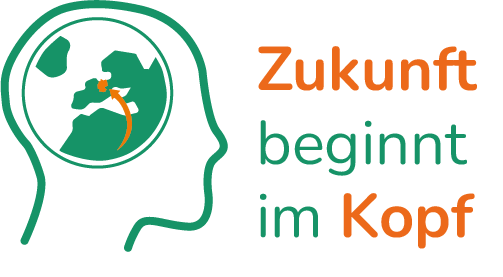Professional, fair, and secure
Working as a nursing professional in Germany
Would you like to work in Germany as a recognized nursing professional in the healthcare sector? Then we can offer you the opportunity to obtain a qualification and find a job free of charge.
Ten steps to finding a nursing job in Germany
Your journey with us
Application for recognition of foreign educational qualifications
Responsible: Germany office
Preparation course for participation in the nursing competency assessment
Responsible: Germany office
B2 exam
Responsible: Regional office in the country of origin
Specialized language training
Responsible: Regional office in the country of origin
Intercultural training
Responsible: Regional office in the country of origin
Arrival in Germany
Including welcome management and integration support.
Responsible: Germany office
Taking the nursing competency assessment
Responsible: Germany office
Commencement of employment in recognition
Responsible: Germany office
After receiving the professional certificate: Working as a nursing professional
Second test, if necessary, if the first attempt failed
Sustainable support for work and social integration
Second examination if necessary, if first attempt failed.
Responsible: Germany office


FAQ
Questions & Answers
Here we have provided answers to frequently asked questions about nursing care in Germany. If any of your questions remain unanswered, please feel free to contact us at any time. You can also find detailed information in the brochure published by the German Senior Citizens’ Aid Association (Kuratorium Deutsche Altershilfe) – please feel free to take a look.
In Germany, nursing professionals mainly work in hospitals, inpatient care facilities, or outpatient care services. Primary care provided by nursing staff is rare; this role is usually performed by family doctors. Acute care and long-term care are clearly separated.
Since 2020, there has been a standardized training program for nursing professionals. This qualification replaces the previously separate professions of nursing, pediatric nursing, and geriatric nursing. University degrees are possible, but still rare. Academic specialist roles such as advanced practice nurses are few and far between.
The field of activity includes planning, implementing, and documenting care, quality assurance, prevention, and counseling. Basic nursing activities such as personal hygiene, nutrition, and mobility are also part of the area of responsibility.
Procedures and structures vary depending on the facility. In hospitals, the focus is on acute care, while in long-term care, the focus is on providing support in everyday life. Doctors are not always on site in long-term care facilities. A functional division of labor is rare—all nursing staff share equal responsibility.
Certified nursing professionals can complete numerous continuing education and advanced training courses, for example in intensive care, oncology, or wound care. Degree programs, particularly in management, are also possible, depending on the recognition of existing qualifications.
Certified nursing professionals can complete numerous continuing education and advanced training courses, for example in intensive care, oncology, or wound care. Degree programs, particularly in management, are also possible, depending on the recognition of existing qualifications.
Caregivers can come to Germany through government-organized programs such as “Triple Win,” through private recruitment, or by applying independently.
There is the accelerated skilled worker procedure, the regular procedure, the recognition partnership (from 2024), and entry under placement agreements. A job offer is usually a prerequisite.
In order to practice your profession in Germany, your qualifications must be recognized and you must demonstrate sufficient German language skills. Any gaps in your training can be compensated for by adaptation courses or a knowledge test.
Under certain conditions, spouses and minor children may be brought over at a later date. Requirements include a secure livelihood and a valid marriage certificate.
Language level B2 is generally required to practice the profession. Some federal states also require a technical language exam. Language skills can be acquired in the country of origin or in Germany—including online.
The employment contract regulates tasks, salary, working hours, vacation, and notice periods. Collective bargaining agreements are binding. Working hours and break regulations as well as co-determination rights apply. Commitment and repayment clauses should be carefully reviewed before signing.
Nursing staff are automatically covered by health, nursing care, pension, accident, and unemployment insurance. Contributions are deducted from their salary as a percentage.
Germany offers a wide range of advisory services—both digital and on-site. Examples include ‘mbeon’ and ‘Faire Integration’, which provide support with labor and social law issues.
Political, social, religious, and cultural participation is widely possible—from integration officers to associations to religious communities.
Absolutely! In addition to employers, there are independent advice centers that provide free information on labor law, violence prevention, and integration into the labor market.
Feel free to contact us anytime! 👋🏻

Your personal contact person
Jakob Hennig
Head of Placement
Questions?
Write to us to let us know how we can help, and our team will provide you with a no-obligation consultation.

